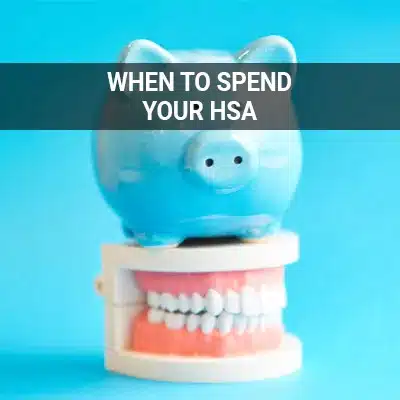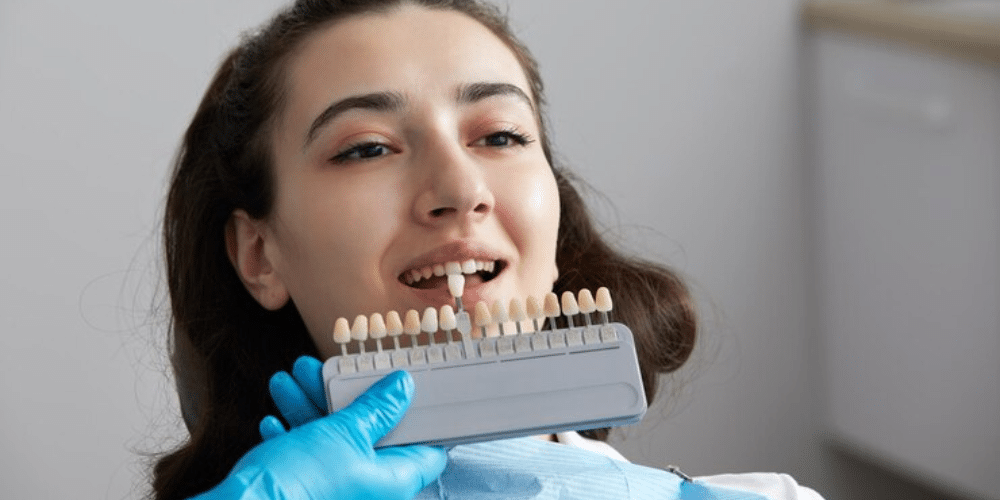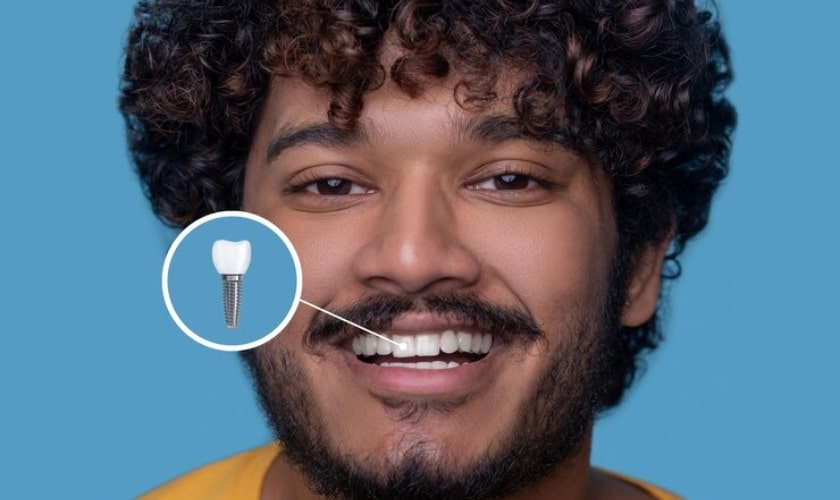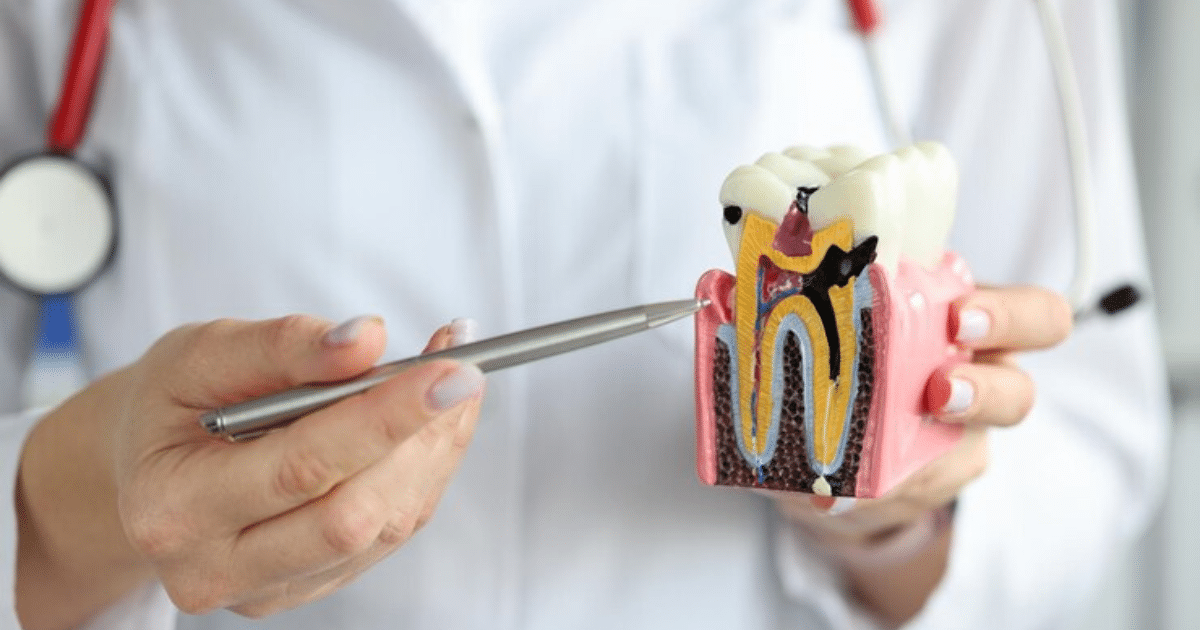
Flexible Spending Accounts Gresham, OR
Today, many employers offer a flexible spending account (FSA) as part of their benefits packages. Employees can use these funds to set aside money from each paycheck. FSAs cover most out-of-pocket health care expenses, including dental treatments.
Gresham Advanced Dentistry in Gresham and the surrounding area accepts FSAs. Our team works with your employer to confirm coverage. If you are confused about using your FSA, we can help you. Do not let your FSA expire. Call us at (503) 661-2828 to learn how to make the most of your funds.

How FSAs Work
FSAs can help bridge the gap left by other health insurance plans. They allow employees to use tax-free funds to cover out-of-pocket health care expenses, and they sometimes replace a traditional employer health insurance plan.
Employees can also use their FSA to supplement a marketplace plan. In other cases, the FSA may supplement an employer-sponsored health care plan. Either way, the FSA has one central purpose: to cover out-of-pocket expenses.
Employees contribute a limited amount of money to their FSA each year. These funds are taken out of the paycheck before taxable income is calculated. Afterward, employees have one year to use their funds on approved health care expenses. FSA funds can apply toward deductibles, copayments, and coinsurance. Some prescription drugs and over-the-counter medications are covered. Employees can even pay for medical devices like crutches using their FSA.
FSA can help bridge the gap left by other health insurance plans.
The Pros and Cons of an FSA
Tax savings represent the main benefit of an FSA. Since the funds are removed before taxes, employees have a lower taxable income. Some employees find that an FSA increases their take-home pay. The funds in an FSA are available at all times, with few restrictions. Most FSAs are linked to a debit card for added convenience. Patients can then use their FSA debit card at their doctor, dentist, or pharmacy. Patients usually do not need pre-approval or to do other paperwork.
However, employees can only contribute a certain amount of money each year. For most employees, the limit is $2,750 per year. Spouses can also contribute an equal amount to their own FSA. Additionally, FSA funds are tied to an employer. If an employee changes jobs, they cannot keep their current FSA
FSAs funds are "use it or lose it." At the end of the year, employees can roll over up to $500. The remaining unused funds are forfeited to the employer. Employees must keep an eye on their FSA balance. It's up to each patient to ensure that they use their funds before they expire.
Many patients confuse FSAs with health savings accounts (HSAs). These programs are similar, but they have a few key differences. With an FSA, employees can use their funds as a line of credit. With HSAs, employees can only spend money they have already saved. HSAs are also transferrable: employees can keep their HSAs if they change jobs.
The funds in an FSA are available at all times, with few restrictions.
How to Save Money With an FSA
With an FSA, employees can set aside money from their paycheck. Enrollment is available for a limited time at most workplaces. One's employer can provide more details about where, when, and how to sign up for an FSA.
During the enrollment period, employees determine how much money they plan to save. Choosing the FSA budget can be tricky. If an employee underestimates how much money they need, they might lose out on tax savings. If they overestimate, they may lose the money. The exact amount one needs will depend on their family's unique circumstances.
After enrollment, the money is deducted from each paycheck. Employees have until March 15 of the following year to use their funds. Keep in mind that unused funds will expire. It's the employee's responsibility to use their funds before the deadline.
One’s employer can provide more details about where, when, and how to sign up for an FSA.
How to Use FSA Funds
Patients can use their FSA to cover most dental expenses, including routine care. But not all procedures and treatments are eligible. Before scheduling a dental procedure, patients should talk to their employer and plan provider. Cosmetic procedures, including cosmetic orthodontics, are usually not covered under an FSA. However, if a patient needs orthodontics for medical purposes, they might be allowed to use their FSA funds. Our dental team can work with your plan provider to determine coverage.
Cosmetic procedures, including cosmetic orthodontics, are usually not covered under an FSA.
Questions Answered on This Page
Q. What are the benefits of an FSA?
Q. How do I sign up for an FSA?
People Also Ask
What Treatments and Procedures Are Eligible
- Routine cleanings
- Filling, sealants, and extractions
- Diagnostic and preventive care
- Gum disease treatment
- Oral surgery
- Crowns, bridges, and dentures
Employees can also use their FSA funds for other health care expenses, such as:
- Prescription medications
- Medical and diagnostic devices
- Over-the-counter medications (with a doctor’s prescription)
- Copays
- Deductibles
- Coinsurance
- Eyeglasses
- Eye surgery
- Hearing aids
- Hospital expenses
FSA funds can go toward most preventive and diagnostic procedures, though some exclusions may apply. One's employer and plan provider can provide details about specific rules and exemptions.
FSA funds can go toward most preventive and diagnostic procedures.
Frequently Asked Questions
Quality Dental Services Can Transform Your Smile
Dental Terminology
Call Us Today
Helpful Related Links
- American Dental Association (ADA). Glossary of Dental Clinical Terms. 2022
- American Academy of Cosmetic Dentistry® (AACD). Home Page. 2022
- WebMD. WebMD’s Oral Care Guide. 2022
About our business and website security
- Gresham Advanced Dentistry was established in 2005.
- We accept the following payment methods: American Express, Cash, Check, Discover, MasterCard, and Visa
- We serve patients from the following counties: Multnomah County, Clackamas County, and East County
- We serve patients from the following cities: Gresham, Troutdale, Fairview, Portland, Damascus, Happy Valley, Sandy, Wood Village, Boring, Clackamas, Corbett, Sandy, Eagle Creek, and Estacada
- Norton Safe Web. View Details
- Trend Micro Site Safety Center. View Details










